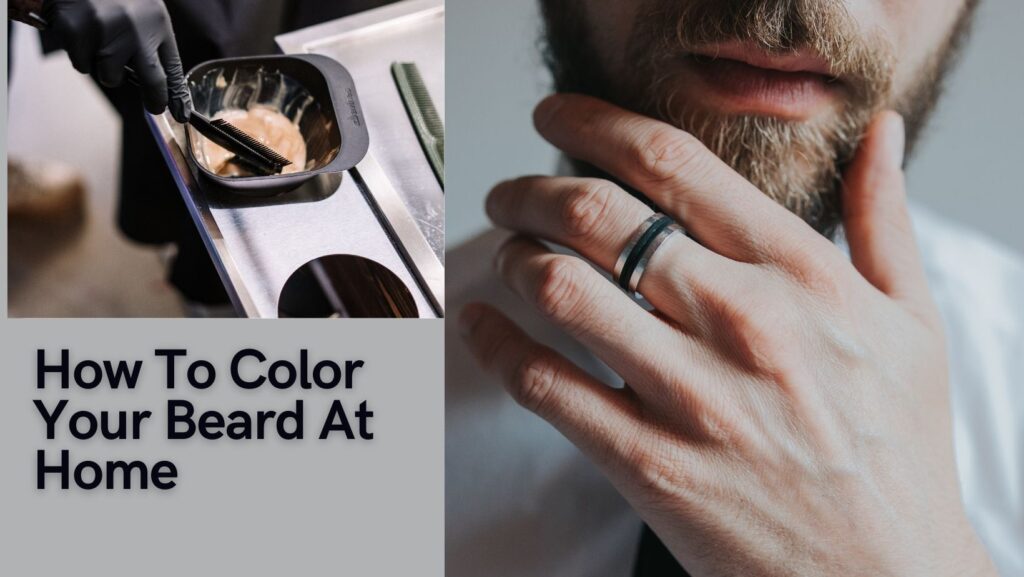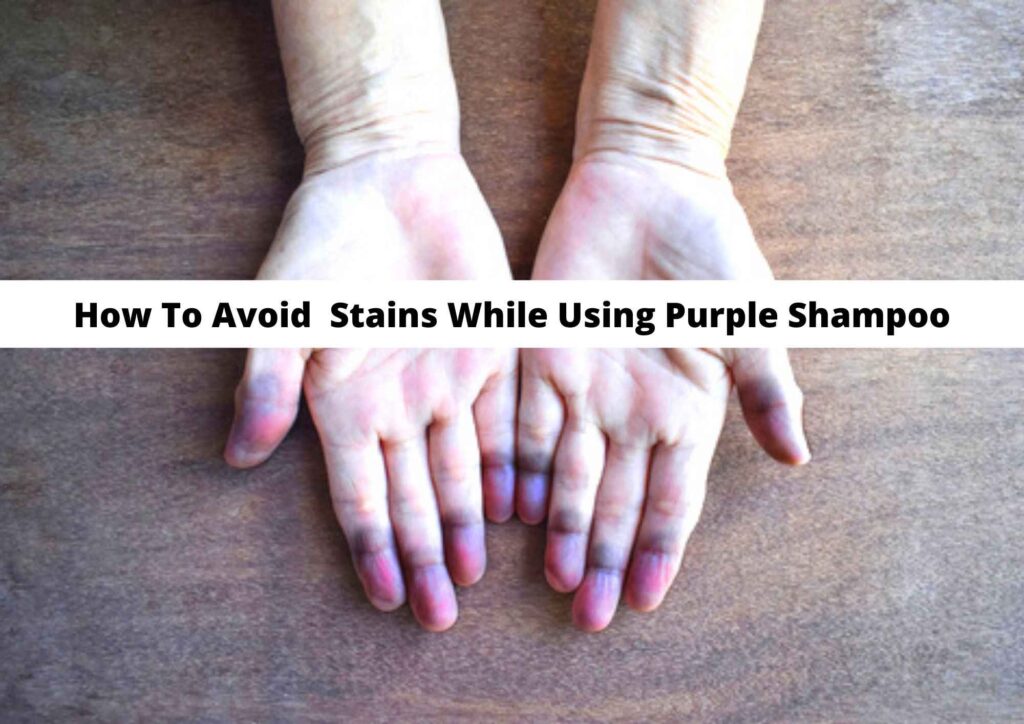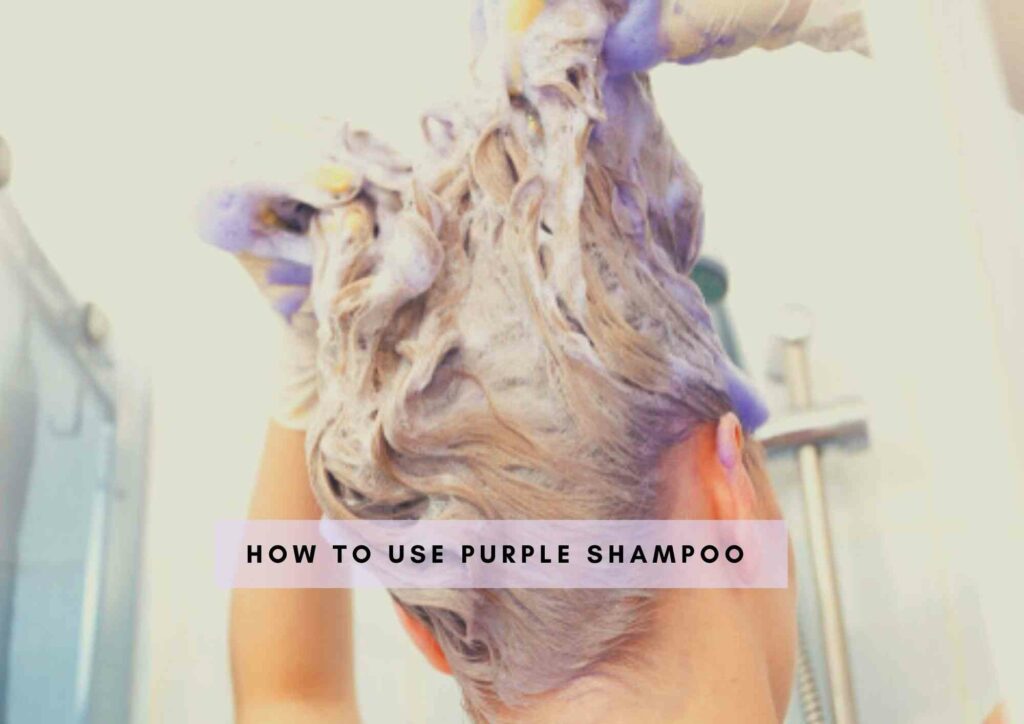Learn about the potential side effects of applying lemon on the scalp: “Side Effects Of Applying Lemon On Scalp.” Our comprehensive guide covers the risks and precautions of using lemon juice for scalp treatments. Discover how lemon can impact your hair and scalp health and make informed decisions for your hair care routine. Stay safe and informed with our expert insights on the effects of using lemon on your scalp.
Are you familiar with the potential side effects of applying lemon on your scalp?
In this article, I will delve into the top 7 side effects that you may experience when using lemon juice on your scalp.
I will also discuss whether it is safe to apply lemon juice directly onto your scalp and explore the 10 benefits and 5 disadvantages of using lemon juice on your hair.
Additionally, I will address common queries such as using lemon juice on dry scalp or for treating dandruff.
If you’re curious about the effects of lemon on your hair, stay tuned to discover more!
Top Side Effects Of Applying Lemon On Scalp
Lemon juice is often used for various hair treatments, but it’s important to be aware of the potential side effects of applying it directly on your scalp. Here are seven possible side effects that you may experience when using lemon on your scalp.
1. Irritation: Lemon juice is acidic and can cause irritation and redness on the scalp, especially if you have sensitive skin.
2. Dryness: Lemon juice can have a drying effect on the scalp, leading to moisture loss and making your hair and scalp feel dry and brittle.
3. Increased oiliness: Paradoxically, lemon juice can trigger the scalp to produce more oil as a defense mechanism against the drying effects. This can result in an oily scalp and greasy hair.
4. Scalp burns: If you let lemon juice sit on your scalp for too long, it can cause burns. It is important to rinse it off thoroughly and not leave it on overnight.
5. Sensitivity: Some individuals may be more sensitive to lemon juice than others, and it may cause a stinging or burning sensation on the scalp.
6. Color fading: Lemon juice is known for its bleaching properties. If you have colored hair, using lemon juice on your scalp can cause your hair color to fade or become uneven.
7. Increased sun sensitivity: Lemon juice can make your scalp more sensitive to the sun’s harmful rays, leading to potential sunburns or sun damage.
Although lemon juice has benefits for hair, it is crucial to be aware of these potential side effects and use it with caution. Always do a patch test before applying lemon juice to your entire scalp, and if any adverse reactions occur, discontinue use immediately.
Can We Apply Lemon Juice Directly On To Scalp
Lemon juice is commonly used for various hair treatments, but it is essential to understand whether it is safe to apply it directly on the scalp. The answer is yes, you can apply lemon juice directly on your scalp, but with caution.
Lemon juice is acidic in nature, and for people with sensitive skin, it can cause irritation and redness on the scalp. It is important to do a patch test before applying lemon juice to your entire scalp to check for any adverse reactions.
Moreover, leaving lemon juice on the scalp for too long can lead to scalp burns, so it is vital to rinse it off thoroughly and not leave it on overnight.
It is also worth noting that lemon juice has bleaching properties and can cause color fading or uneven hair color, especially for individuals with colored hair.
Therefore, it is crucial to be aware of these potential side effects and use lemon juice on the scalp judiciously.

Benefits Of Using Lemon Juice On Scalp
Using lemon juice on the scalp can provide several benefits for your hair health. Here are the top 10 advantages of incorporating lemon juice into your scalp care routine:
1. Natural dandruff treatment: Lemon juice has antimicrobial properties that can help combat dandruff-causing fungi and bacteria.
2. Scalp exfoliation: The acidic nature of lemon juice can gently exfoliate the scalp, removing dead skin cells and unclogging hair follicles.
3. Scalp detoxification: Lemon juice is known for its detoxifying properties, helping to remove impurities and buildup from the scalp.
4. Hair growth stimulation: The vitamin C and antioxidants found in lemon can promote healthy hair growth by stimulating blood circulation in the scalp.

5. Oil control: Lemon juice can regulate excessive oil production on the scalp, addressing issues like oily scalp and greasy hair.
6. pH balance restoration: Lemon juice can restore the natural pH balance of the scalp, which is important for maintaining healthy hair.
7. Itchy scalp relief: The anti-inflammatory properties of lemon juice can soothe an itchy scalp, reducing discomfort and irritation.
8. Hair shine enhancement: Lemon juice can add shine to dull hair, leaving it looking lustrous and vibrant.
9. Hair lightening: If you desire subtle highlights or want to lighten your hair naturally, lemon juice can help achieve a sun-kissed effect.
10. Scalp hydration: Lemon juice can moisturize and hydrate the scalp, preventing dryness and promoting overall scalp health.
Incorporating lemon juice into your scalp care routine can provide these benefits, but it is essential to be mindful of the potential side effects and use it cautiously.
Disadvantages Of Using Lemon Juice On Scalp
Applying lemon juice on the scalp has its drawbacks. Here are five disadvantages to consider before using lemon juice on your scalp.
Firstly, lemon juice is acidic in nature and can lead to irritation and redness, especially if you have sensitive skin. This can cause discomfort and make your scalp feel unpleasant.
Secondly, lemon juice can have a drying effect, resulting in moisture loss and making your hair and scalp dry and brittle. Additionally, lemon juice can paradoxically increase oiliness.
It triggers the scalp to produce more oil as a defense mechanism against dryness, leading to an oily scalp and greasy hair. Moreover, leaving lemon juice on the scalp for too long may cause scalp burns.
It is crucial to rinse it off thoroughly and not leave it on overnight. Lastly, lemon juice has bleaching properties that can fade or make your hair color uneven, especially if you have colored hair. Consider these disadvantages before using lemon juice on your scalp.
Related: How To Mix Henna With Lemon Juice For Unbleached Hair
@clinic_dermatec #Lemon #Juice #Massage
— Clinic Dermatech | Skincare (@clinic_dermatec) December 26, 2016
Lemon juice works wonders on dry #hair and #scalp! pic.twitter.com/GC5p6dQWeD
Can I Use Lemon Juice On Dry Scalp
Yes, lemon juice can be used on a dry scalp. The acidic nature of lemon juice can help exfoliate the scalp and remove dead skin cells, promoting a healthier scalp environment.
Lemon juice also has moisturizing properties that can hydrate a dry scalp and prevent further dryness. Additionally, the vitamin C and antioxidants in lemon juice can stimulate blood circulation in the scalp and promote hair growth.
However, it is important to note that lemon juice may have some potential side effects on the scalp, such as irritation and redness, especially for those with sensitive skin.
It is recommended to do a patch test before applying lemon juice to the entire scalp and to rinse it off thoroughly to avoid any adverse reactions.
It is also important to balance the use of lemon juice with other hydrating and nourishing hair care practices to maintain scalp health.
Can You Use Lemons To Treat Dandruff?
Lemons can be a natural and effective remedy for treating dandruff. The antimicrobial properties of lemon juice help combat the fungi and bacteria that can contribute to dandruff.
The acidic nature of lemons also aids in exfoliating the scalp, removing dead skin cells and unclogging hair follicles. By detoxifying the scalp, lemon juice helps to eliminate impurities and buildup, further reducing dandruff.
Additionally, the vitamin C and antioxidants found in lemons stimulate blood circulation in the scalp, promoting healthy hair growth and alleviating dandruff symptoms.
However, it is important to note that lemon juice may cause irritation and redness, especially for individuals with sensitive skin.
Therefore, it is recommended to perform a patch test before applying lemon juice to the entire scalp and to rinse it off thoroughly to avoid any adverse reactions.
Using lemon juice as a treatment for dandruff can be effective, but it should be used with caution and in conjunction with other scalp care practices.
Coconut oil Gets rid of dandruff
— Vedic Astrologer/ Jahanvi Rajpurohit (@JahanviRajpuro3) June 3, 2019
Moisturizes scalp, Conditions hair
Helps with dry,itchy scalp
Mix¼ cup of warm coconut #Oil with juice of half a #lemon
Section off the hair,apply mixture using a cotton ball
Massage scalp for 30min
Then wash your hair#tips #hAirgrowth #hairlove pic.twitter.com/5VZ1pd416r
How To Apply Lemon On Hair For Dandruff
When using lemon juice for dandruff, there are a few key steps to follow. Start by squeezing fresh lemon juice into a bowl.
Next, you can either apply the lemon juice directly to your scalp or mix it with water to dilute the acidity.
Gently massage the mixture into your scalp, focusing on areas where dandruff is most prominent. Leave it on for about 15-20 minutes to allow the lemon juice to work its magic.
Remember to be cautious not to leave it on for too long to avoid any potential scalp burns. Once the time is up, thoroughly rinse your hair and scalp with water to remove any residue.
It is essential to perform a patch test beforehand to check for any sensitivity or irritation. Incorporating lemon juice into your hair care routine can effectively address dandruff, but it’s important to keep in mind the potential side effects and use it cautiously.
Does Applying Lemon On Hair Causes White Hair
Applying lemon juice on hair does not cause white hair. White hair is typically a result of genetic factors, age, and the natural decline in melanin production.
Lemon juice may have bleaching properties that can lighten the hair, but it does not change the color of hair from its natural pigmentation.
If you have white hair, it is most likely due to your genetic makeup or the aging process, rather than the use of lemon juice.
It is important to note that excessive use of lemon juice or leaving it on the hair for too long may cause damage or dryness, so it is recommended to use it cautiously and in moderation.
Is Lemon Good For Hair Growth

Lemon is often touted for its potential to promote hair growth. The vitamin C and antioxidants present in lemon juice stimulate blood circulation in the scalp, which can enhance hair follicle function and encourage healthy hair growth.
Additionally, lemon juice can exfoliate the scalp, removing dead skin cells and unclogging hair follicles, creating an optimal environment for hair growth.
However, it is important to note that while lemon juice can have a positive impact on hair growth, it should be used cautiously.
The acidic nature of lemon juice can cause irritation and redness, especially for those with sensitive skin. It is crucial to perform a patch test before applying lemon juice to the scalp and to rinse it off thoroughly to prevent any potential adverse reactions.
Moreover, it is advisable to balance the use of lemon juice with other nourishing hair care practices to maintain overall scalp health. By incorporating lemon juice into your hair care routine in a mindful manner, you may experience its potential benefits for hair growth.
How Long To Keep Lemon On Hair? Can I Leave Lemon Juice On Hair Overnight
When using lemon juice on your hair, it is important to know how long to keep it on and whether it can be left on overnight. The recommended time to keep lemon juice on your hair is about 15-20 minutes.
This allows the lemon juice to work its magic and provide its benefits for your hair and scalp. However, it is crucial not to leave it on for too long, as this can potentially cause scalp burns.
It is not advisable to leave lemon juice on your hair overnight, as this can lead to excessive drying and potential damage to your hair strands.
Therefore, it is best to rinse off the lemon juice thoroughly after the recommended time to avoid any adverse effects. Remember to always perform a patch test beforehand to check for any sensitivity or irritation.
To sum it all up…
In conclusion, while there are some benefits to using lemon juice on the scalp, it is important to be aware of the potential side effects.
Applying lemon directly to the scalp can lead to a variety of adverse reactions, including scalp irritation, dryness, and increased sensitivity to the sun.
Moreover, using lemon juice on dry scalp may exacerbate the condition and lead to further dryness.
Although lemons can help with dandruff, overuse or leaving lemon juice on the hair for too long may cause hair to turn white.
While lemon has some positive effects on hair growth, it is essential to be cautious and not leave it on overnight, as it can lead to scalp damage.
The author of this article, Leah Marie Priest has a degree in Cosmetology with years of experience in dealing with hair care, scalp care, and hairstyling. As someone who extensively deals with all kinds of hair textures, products, styling methods and more, hair Leah Marie knows what kind of products and procedures suit each hair type and person. We have also tested these hair products and processes ourselves to provide you an unbiased review about every product. Each of our articles are also reviewed by a team of medical professionals so that you get the most accurate and expert-reviewed information.
Also Read:
Interesting Side Effects Of Using Clove Water On Hair
Side Effects Of Mayo Hair Mask
To Summarize











